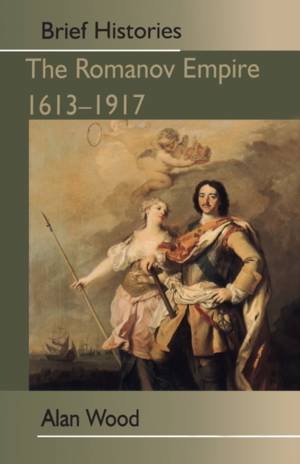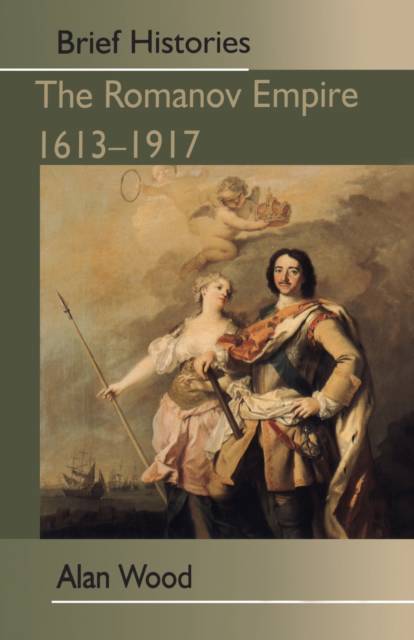
- Afhalen na 1 uur in een winkel met voorraad
- Gratis thuislevering in België vanaf € 30
- Ruim aanbod met 7 miljoen producten
- Afhalen na 1 uur in een winkel met voorraad
- Gratis thuislevering in België vanaf € 30
- Ruim aanbod met 7 miljoen producten
Zoeken
Omschrijving
The Russian dynasty of the Romanov tsars was born in 1613 during an era of intense civil strife with the coronation of Mikhail Fedorivch Romanov; it was destroyed in the revolutionary turmoil of 1917. In the intervening three centuries the relatively small, land-locked kingdom of Muscovy grew into the world's largest land empire. Yet size was no protection for the dynasty, and throughout the eighteenth and nineteenth centuries there developed a conflicting triangular relationship which had, at its apex, the tsarist autocratic government and, at the other two angles, the separate focuses of mass popular opinion and intellectual dissent. These three elements were in a state of almost continuous tension, mutual antagonism and misunderstanding. As the imperial system of government increased in power, its political, social and economic policies generated the seeds of opposition that eventually led to its distruction. This is the first modern account devoted to an investigation of the Romanov Empire from its inception to its demise. It combines a fascinating study of the personalities and politics of individual autocrats, such as Peter the Great, with an examination of the multifarious challenges to the imperial state the governed and misgoverned.
Specificaties
Betrokkenen
- Auteur(s):
- Uitgeverij:
Inhoud
- Aantal bladzijden:
- 444
- Taal:
- Engels
- Reeks:
Eigenschappen
- Productcode (EAN):
- 9780340761885
- Verschijningsdatum:
- 1/07/2007
- Uitvoering:
- Paperback
- Formaat:
- Trade paperback (VS)
- Afmetingen:
- 165 mm x 217 mm
- Gewicht:
- 621 g

Alleen bij Standaard Boekhandel
+ 145 punten op je klantenkaart van Standaard Boekhandel
Beoordelingen
We publiceren alleen reviews die voldoen aan de voorwaarden voor reviews. Bekijk onze voorwaarden voor reviews.











